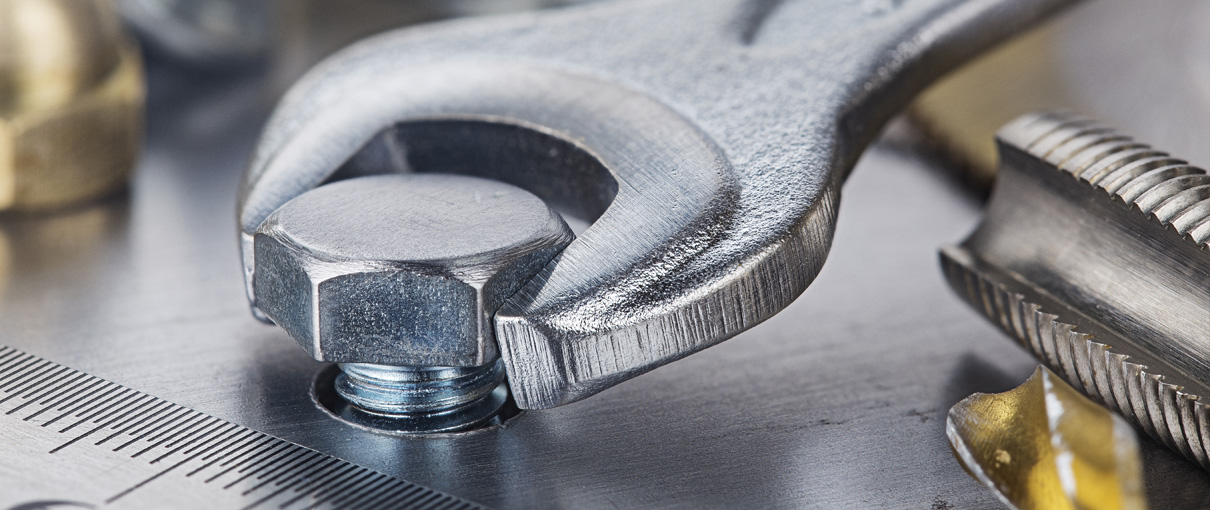How To Choose The Right Marine Fasteners For Your Project
Using the wrong specialty marine fasteners can result in a performance disaster. It's essential when planning any boat-build or repair...

Good quality fasteners make project management easier and safer. The best fasteners don't just come by — they're made using the right materials and proven processes. Besides that, they go through rigorous testing to ascertain the quality, and that's where a tensile testing machine comes in.
How is the testing and quality assurance done? You could be wondering. The good news is, that's what you'll discover in this guide. So, let's get to it!
A tensile testing machine is an electromechanical machine used to determine the tensile strength of a fastener. The machine uses pull force to determine how much tension and stress a fastener can withstand.
The most important part of a tensile testing machine is a testing frame. The testing frame comprises other features like the load frame, testing software, grips and fixtures, a load cell, and strain management.
This may appear like a lot to process. However, the aim is to show you what goes into making top-quality tensile testing machines. Remember, this is the only way to test quality fasteners before releasing them to the market. So, the machine needs to be up to the task.
There are different types of tensile testing machines, depending on size and purpose. Single or dual column configurations are the types of tensile testing machines based on size. They're also available for tabletops and floor models.
Tabletop models are best for low force testing, while floor models are suitable for high force testing. Also, force capacities for different machines vary between 0.02N and 2,000 kN. The different types of tensile testing machines based on purpose include:
Operators opt for the appropriate testing machines, depending on the required testing and the anticipated results. This helps to facilitate quality fastener testing for different projects.
Tensile testing standards are established by organizations like the International Organization of Standardization (ISO) and ASTM International. These organizations set minimum viable parameters that fasteners should meet for the desired quality status.
This goes a long way to ensure only top-quality fasteners are on the market, which is critical for building high-quality and safe products. As a design engineer, you don't want to compromise on quality. The good news is, these standards help you to stay on track.
That being said, the tensile testing standards are ASTM D638, ISO 527-2, ASTM D412, ISO 37, ASTM E8, ASTM A370, and ISO 6892. However, it's the last three standards that are used to tensile test metals.
Tensile testing machines play an important role in helping to ascertain the quality of fasteners. Having quality fasteners is critical to building a quality product. As a quality control and quality assurance manager, you know this is non-negotiable.
We use two computer-controlled tensile testing machines to test fasteners full size from #10 (M4) up to a 1 1/2" (M36) in diameter and 55" (1400mm) long. And larger sizes can also be tested
If you're looking to start your next project, this would be the opportunity to team up with Big Bolt.
You can check out our quality assurance procedures here. We thrive in manufacturing top-quality fasteners. Contact Big Bolt now for help with your next project.
Using the wrong specialty marine fasteners can result in a performance disaster. It's essential when planning any boat-build or repair...
If you’re wondering what materials are used to make quality fasteners, you care a lot about the products you purchase.
A bolt failure analysis can reveal many things. When a bolt breaks, an investigation can reveal things like improper installation,...